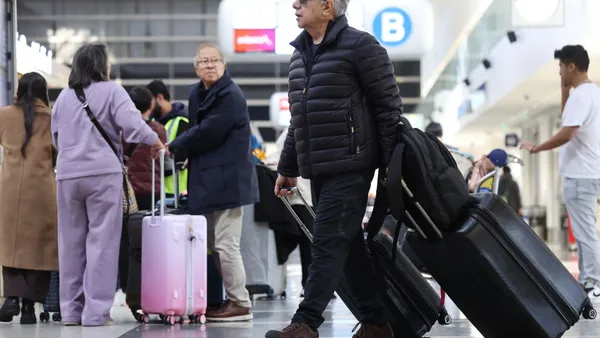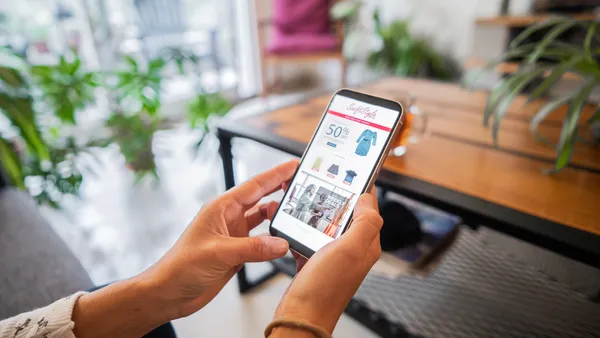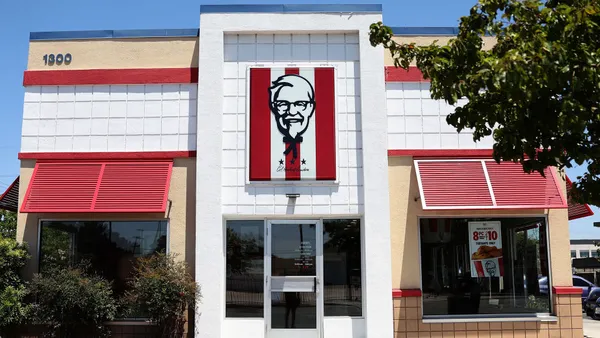Dive Brief:
- A coalition of brands, including Amazon, Booking.com and Tripadvisor, are banding together to "stop fake reviews at the source," the group said last month. Glassdoor, Expedia Group and Trustpilot are also part of the Coalition for Trusted Reviews.
- Fake reviews litter platforms for travel and online shopping. Roughly 42% of customer reviews on Amazon were fake or unreliable, according to a 2020 analysis by Fakespot that examined 720 million customer reviews on the platform.
- "The trust that consumers and partners have in our platforms and businesses is a top priority for the members of this coalition, all of whom agreed to join together to fight fake review content on the internet,” said Becky Foley, VP of trust and safety at Tripadvisor, in a press release. “To further maintain the credibility and authenticity of reviews on our platforms, we aim to make it increasingly difficult for fraudulent actors who try to deceive our customers to operate online.”
Dive Insight:
Fake reviews can plague companies’ websites, mislead customers and weaken a business’ bottom line.
The Coalition for Trusted Reviews plans to develop common standards to identify and measure fake reviews, establish best practices for hosting online reviews, share information on how fraudulent actors operate and advocate public policy leaders to support industry efforts combating fake reviews.
These companies aren’t the only ones looking to clampdown on bogus reviews. In June, the FTC proposed a rule that would target the proliferation of fake reviews by banning the practice of paying for reviews and the suppression of honest reviews, as well as the practice of selling fake social media engagement. The agency is looking to impose fines on businesses that buy or sell fake reviews of up to $50,000 per bogus review.
Such severe penalties reflect the crucial role of reviews in e-commerce.
A National Bureau of Economic Research working paper published this month found fake reviews have two notable effects. First, consumers who read fake reviews are more likely to buy faulty or low-quality products, and second, fake reviews hurt these platforms' bottom line.
Researchers found that a one-star increase in the rating of an inferior product “increases demand for that product by 38%.” The research estimates that “being exposed to both inflated star ratings and fake text reviews … translates into a welfare loss of around $.12 per $1 that consumers spend on the platform.”
Those who shop more online are more likely to be influenced by fake reviews, the researchers found. Educational intervention, however, “reduces the adverse welfare impact of fake reviews by 44%.”
The problem of bogus reviews is only growing. Researchers and federal regulators caution that generative AI lowers the cost of writing fraudulent reviews and could lead to its further proliferation.













